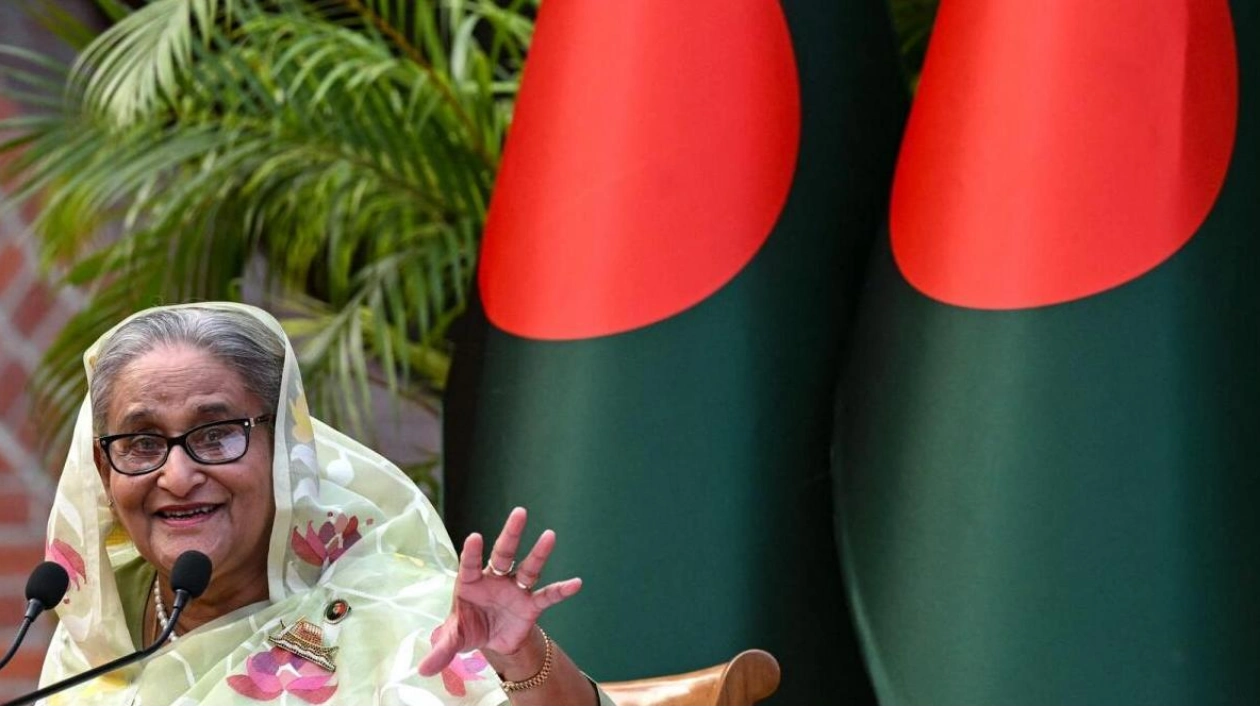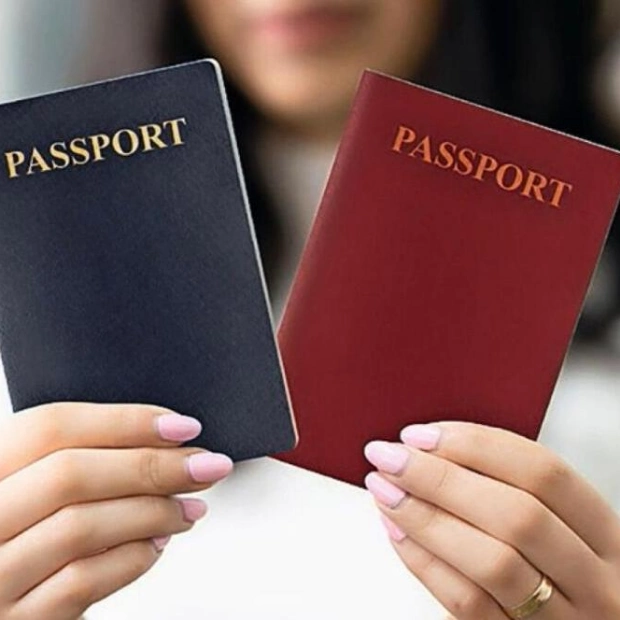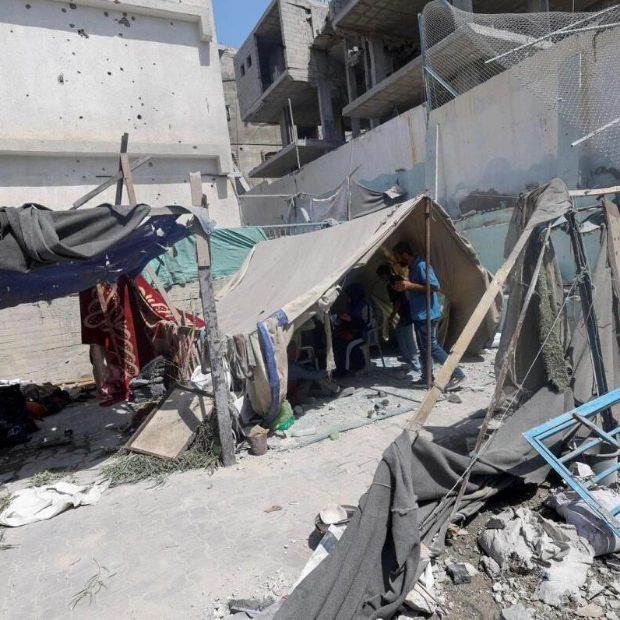Four weeks after former Prime Minister Sheikh Hasina escaped Bangladesh via helicopter amid a student-led revolution, analysts claim she has become a diplomatic challenge for her Indian hosts. Hasina's authoritarian rule ended last month when protesters marched towards her palace in Dhaka, following 15 years marked by human rights violations and suppression of the opposition.
Bangladeshi students who spearheaded the uprising are calling for her return from India, her primary supporter before her ouster, to face trial for the deaths of protesters during the revolt. However, sending the 76-year-old back could jeopardize India's relations with its other neighbors in South Asia, where it is engaged in a fierce competition with China for influence.
"India is clearly not going to want to extradite her back to Bangladesh," said Thomas Kean of the International Crisis Group. "The message that would send to other leaders in the region who are close to New Delhi would not be a very positive one... that ultimately, India will not protect you," he told AFP.
New Delhi last year witnessed its favored presidential candidate in the Maldives lose to a rival who immediately shifted the strategically located luxury tourism destination towards Beijing. Hasina's overthrow cost India its closest ally in the region. Those who endured under Hasina in Bangladesh are openly hostile towards India due to the abuses committed by her government.
That hostility has persisted through megaphone diplomacy by Indian Prime Minister Narendra Modi, directed at Bangladesh's caretaker administration. Modi has pledged support for the government that replaced Hasina, led by 84-year-old Nobel Peace Prize laureate Muhummad Yunus. However, Modi, who has made championing the Hindu faith a key aspect of his tenure, has also repeatedly urged Yunus's administration to safeguard Bangladesh's Hindu religious minority.
Hasina's Awami League was deemed more protective of Bangladesh's Hindu minority than the Bangladesh Nationalist Party (BNP). Modi used his annual Independence Day address from atop the 17th century Red Fort to imply that Bangladeshi Hindus were at risk, and later discussed the issue with US President Joe Biden. Some Bangladeshi Hindus and Hindu temples were targeted in the chaos following Hasina's departure in attacks that were condemned by student leaders and the interim government.
But exaggerated reports of the violence were later broadcast by pro-government Indian news channels, sparking protests by Hindu activist groups loosely affiliated with Modi's party. Fakhrul Islam Alamgir, a senior BNP leader, said India had placed "all its fruit in one basket" by supporting Hasina, and did not know how to change course.
"The people of Bangladesh want a good relationship with India, but not at the cost of their interests," Alamgir, one of thousands of BNP members arrested during Hasina's tenure, told AFP. "The attitude of India unfortunately is not conducive to creating confidence."
Such is the atmosphere of distrust, when deadly floods hit both countries in August some Bangladeshis blamed India for the resulting deaths. Bangladesh's interim government has not publicly addressed the issue of Hasina seeking refuge in India with New Delhi — her last known location is a military airbase near the capital — but Dhaka has revoked her diplomatic passport, barring her from further travel.
The countries have a bilateral extradition treaty initially signed in 2013 that would allow her return to face criminal trial. However, a clause in the treaty states that extradition might be refused if the offense is of a "political character". India's former ambassador to Bangladesh, Pinak Ranjan Chakravarty, said that the bilateral relationship is too significant for Dhaka to jeopardize by insisting on Hasina's return.
"Any mature government will realize that making an issue out of Hasina staying in India is not going to give them any benefits," he told AFP.






